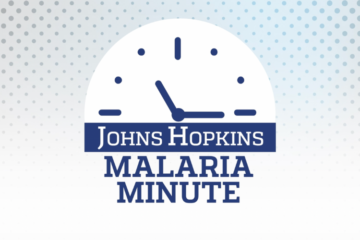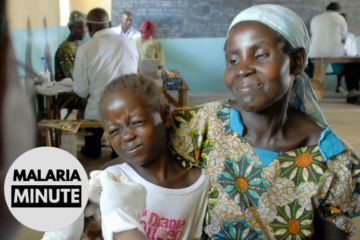The Latest Malaria News, in 60 Seconds.
Researchers target Plasmepsin proteases as resistance to ACT grows, and the process by which the malaria parasite suppresses the immune system is detailed by scientists.
Malaria Minute on iTunes and Spotify
Transcript:
The current gold standard for malaria treatment is artemisinin-based combination therapy or ACT. But due to increasing levels of resistance to these drugs, researchers are exploring alternatives. A potential target for future therapies are the essential malaria proteases, Plasmepsins IX and X. Therapies that inhibit these proteases prevent certain processes of the malaria parasite’s lifecycle. One particular compound, called WM382, targeted these proteases with some success in P. berghei and P. falciparum malaria.
The way in which the malaria parasite suppresses the immune response to the disease has been detailed by scientists. The parasites induce regulatory T-cells to release soluble fibrogen-like protein 2 which enhances parasite survival. The protein works by inhibiting the ability of macrophages to direct the immune system to attack the malaria parasites. This ability of the parasite is central to its survival.
Sources:
Blood-Stage Malaria Parasites Manipulate Host Innate Immune Responses Through the Induction of sFGL2
Image Credits: CDC/ Dr. Mae Mellvin [22817]
Scientific Advisor: Katharine Collins, Radboud University Medical Centre


